Problem-Solving Skills Normal Building Vocabulary Worksheets for Ages 5-7
5 filtered results
-
From - To
Our "Problem-Solving Skills Normal Building Vocabulary Worksheets for Ages 5-7" are designed to boost critical thinking and language development. Tailored specifically for young learners, these engaging worksheets encourage kids to tackle challenges and expand their vocabulary. Through fun activities, children learn to identify, understand, and use new words in context, enhancing both their problem-solving abilities and reading comprehension. Ideal for at-home learning or classroom use, these worksheets offer a solid foundation for academic success. Equip your child with the skills they need to navigate any problem with confidence and creativity, all while building a robust vocabulary.
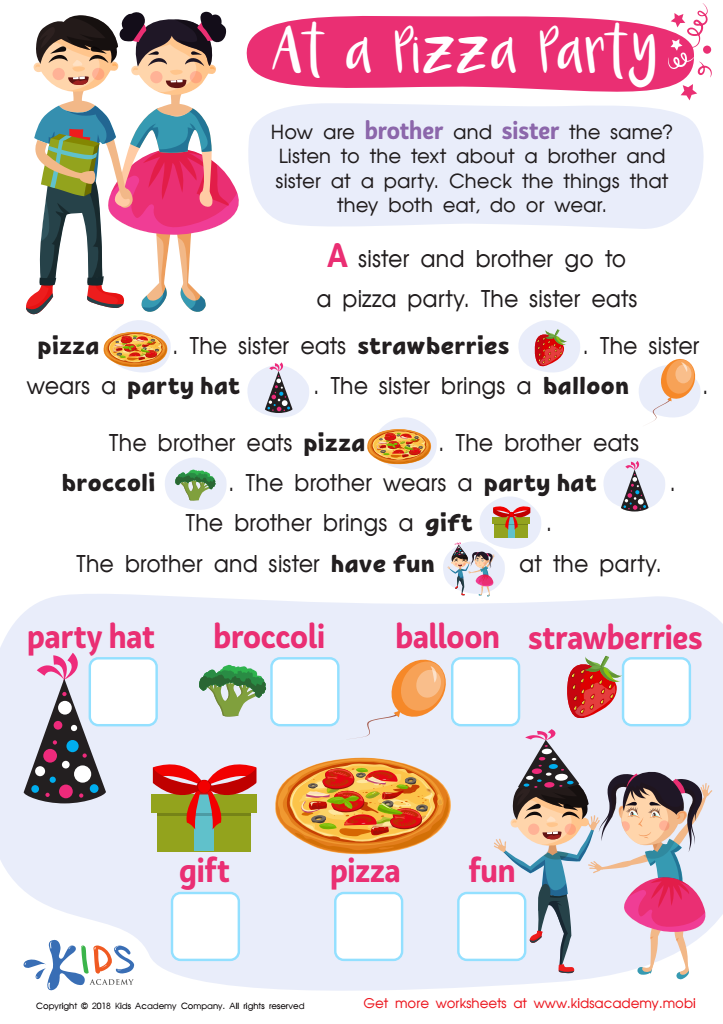

At a Pizza Party Worksheet
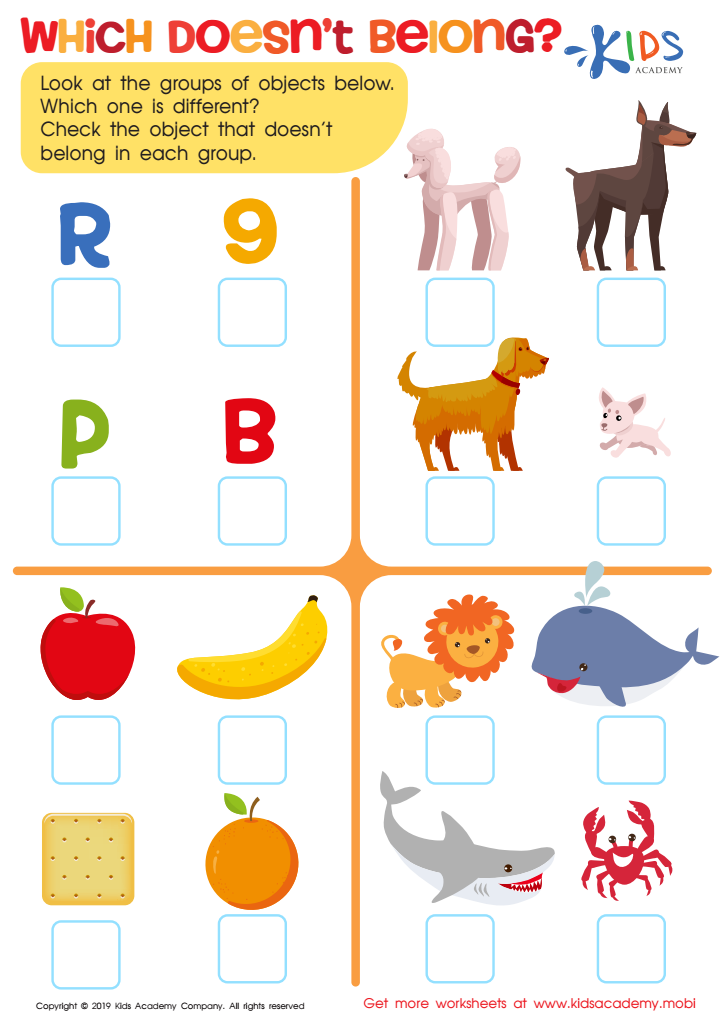

Which Doesn't Belong? Worksheet
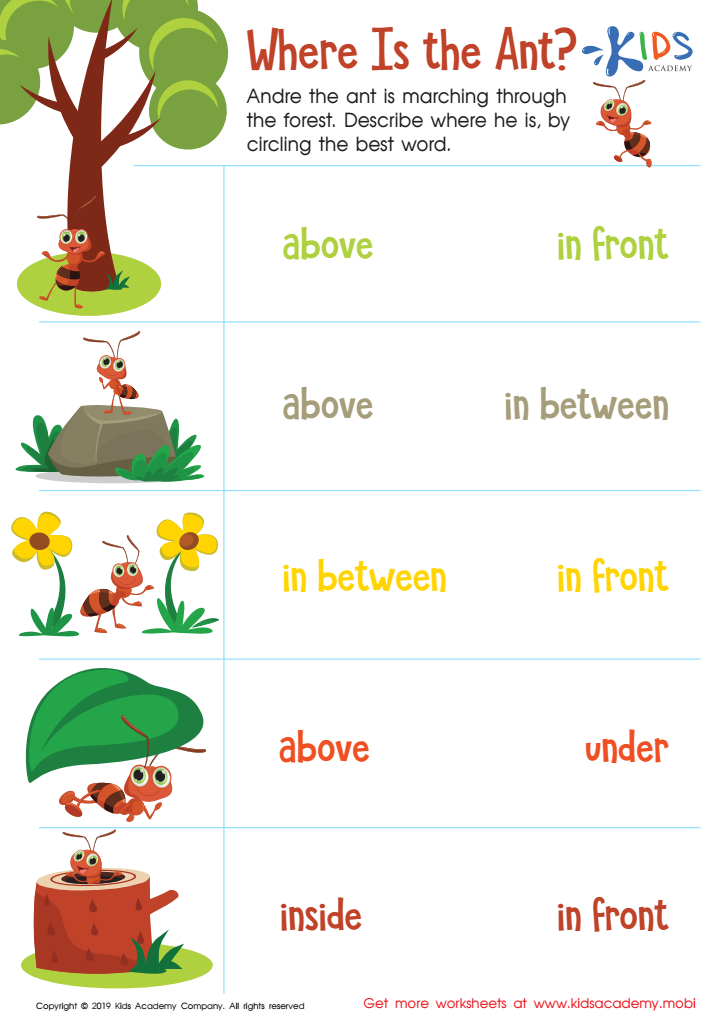

Where Is the Ant? Worksheet
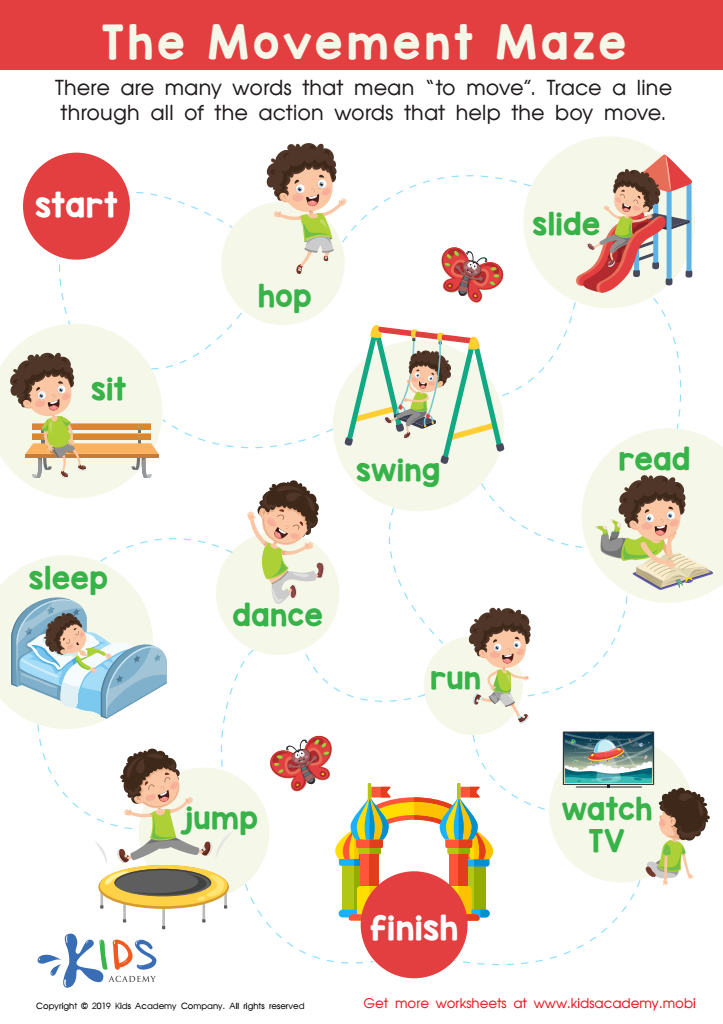

The Movement Maze Worksheet
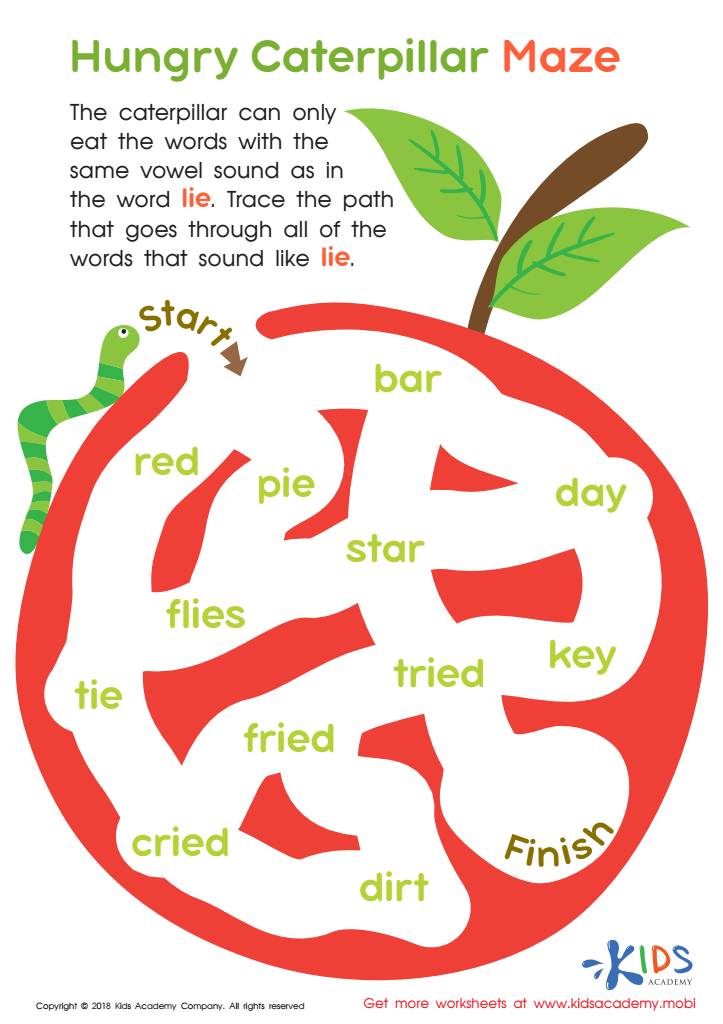

Hungry Caterpillar Maze Worksheet
Parents and teachers play crucial roles in a child’s early development, making it essential to prioritize the nurturing of problem-solving skills and vocabulary building for children ages 5-7. These formative years lay the foundation for future academic success and personal growth. Developing problem-solving skills at a young age helps children learn to navigate challenges, fostering resilience and critical thinking. When children learn to troubleshoot and find solutions independently, they become more confident and capable learners.
Simultaneously, building a rich vocabulary is equally important. A robust vocabulary enhances children's ability to express themselves clearly, comprehend instructions, and engage in meaningful conversations. It serves as a tool for understanding reading material and absorbing new information, thereby expanding their knowledge base.
Parents and teachers should integrate problem-solving activities and vocabulary-building exercises into daily routines. This could involve interactive storytime, engaging in discussions, playing educational games, and encouraging inquisitive thinking through open-ended questions. By intertwining these key skills in early education, children will develop a more holistic set of abilities necessary for academic and social competence. Ultimately, strong problem-solving skills paired with a rich vocabulary can significantly impact their lifelong learning and interpersonal interactions, equipping them with essential tools for success in various facets of life.
 Assign to My Students
Assign to My Students














